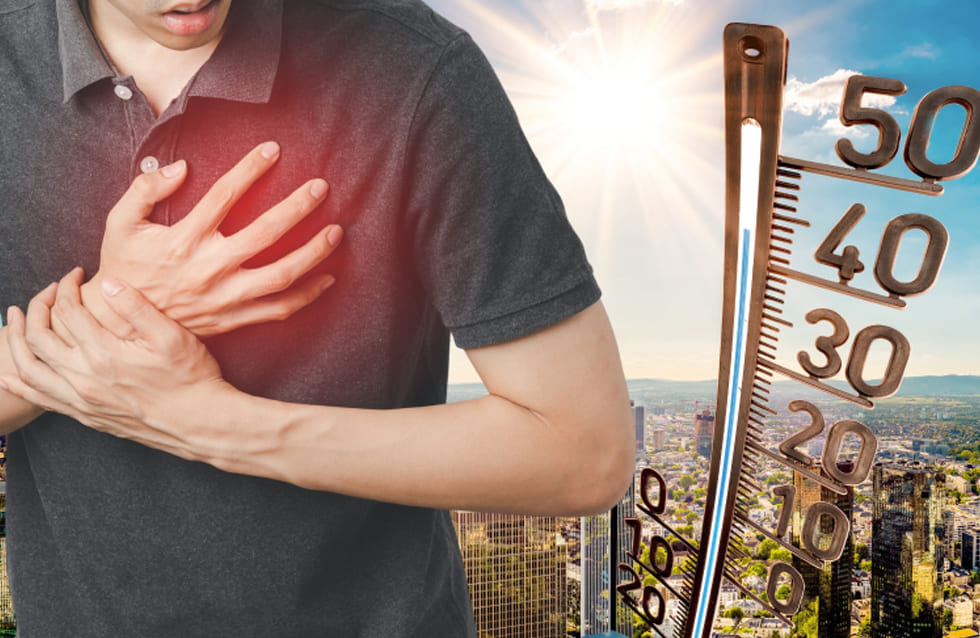When exposed to heat, the body may struggle to function normally, potentially resulting in serious cardiovascular issues. To cool down, the body increases blood flow to the skin, leading to higher heart rates and increased cardiac workloads. The resultant increase in strain on the heart can pose a significant risk for vulnerable groups, including older adults and individuals with pre-existing heart conditions.

Glen Kenny, a full professor of physiology at uOttawa’s Faculty of Health Sciences and Director of the Human and Environmental Physiology Research Unit, emphasizes the importance of these findings. “As temperatures continue to rise, we need to understand how heat affects heart health. This research helps us address the physiological challenges posed by heat and will inform how we protect individuals during extreme weather events.”
The study revealed that the most common heating method, suits that perfuse large volumes of hot water directly over the skin, may result in rapid overheating and exacerbated increases in cardiac strain. In contrast, participants exposed to climate-controlled environments simulating hot weather or heat waves exhibited distinct cardiac responses that are likely more applicable to real-life scenarios. “Our research offers vital data that can be used to design laboratory-studies that will more easily translate to the real world to enhance public health strategies,” notes Meade.
The researchers hope their findings will influence how health agencies develop strategies to protect people during extreme heat events.
Scientists are now heading back to the drawing board, ready to figure out what really happens when the mercury rises — not in the lab, but in the real world where it matters most.
Source: https://www.sciencedaily.com/